
The American Academy of Pediatrics (AAP) has published its 2026 immunization schedule, reaffirming routine vaccination to protect children and adolescents against 18 preventable diseases.

The American Academy of Pediatrics (AAP) has published its 2026 immunization schedule, reaffirming routine vaccination to protect children and adolescents against 18 preventable diseases.

The federal agency gave the nod for Acon Laboratories’ Flowflex Plus RSV + Flu A/B + COVID 4-in-1 test that can detect all those respiratory viruses in a single test, which is indicated for use in both adults and children as young as 6 months.

Reports are surfacing the federal agency is going to review products already reviewed and approved.

A review of vaccine safety and effectiveness conducted by the Vaccine Integrity Project, independent of the CDC's ACIP, reflects its stated purpose as "dedicated to safeguarding vaccine use in the US."
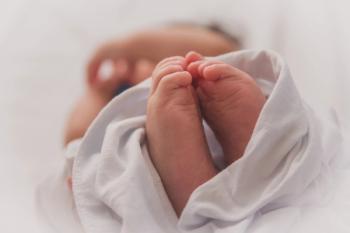
This form of prophylaxis showed 79% overall effectiveness across 3 European countries.
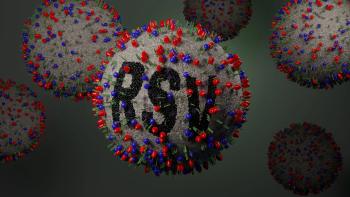
RSV vaccines protected older adults against RSV-related hospitalization over 2 seasons, although with less effectiveness for those with immunocompromise or cardiovascular disease.
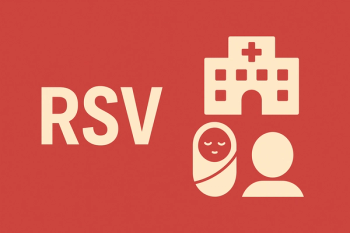
In a multinational NEJM trial, a single 105-mg dose cut RSV hospitalizations by 84.2% and medically attended lower respiratory infection by 60.4% through 150 days, with safety similar to placebo.
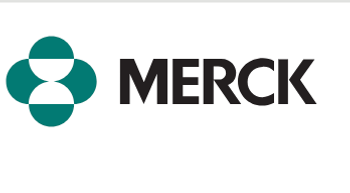
Merck’s single-dose, weight-independent antibody provides about five months of protection; EC decision pending, and it is already FDA approved in the United States.
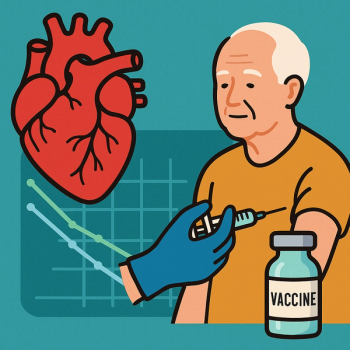
In the DAN-RSV trial of 131,000 participants, RSVpreF lowered overall cardiorespiratory hospitalizations but showed no significant reduction in cardiovascular events.
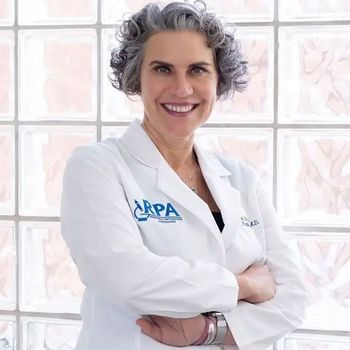
Pathologist Leilani Valdes, MD, MBA, FCAP, explains the role of PCR testing, early surveillance, and vaccine education in protecting community health.

In the largest world study, there was a 98% reduction in hospitalizations of babies who received the RSV vaccine compared with those who did not receive the RSV vaccine.
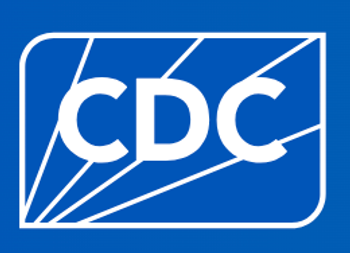
Dual ACIP votes endorse RSV antibody protection for infants and expand no-cost access through the Vaccines for Children program.

Application of GBD methods reveals substantial RSV-attributable hospitalizations and informs vaccine and surveillance strategies.

The federal agency approved the company’s mRNA-1345 (mRESVIA) vaccine for people who are between the ages of 18 to 59 years.
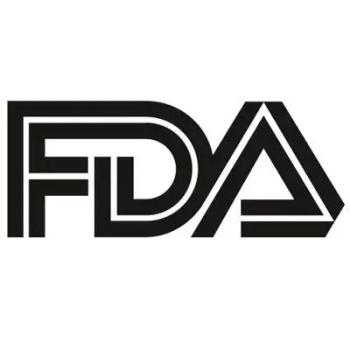
Enflonsia, a single-dose, long-acting antibody, has been FDA approved to significantly reduce RSV infections and hospitalizations in infants, providing new hope for protecting vulnerable babies during RSV season.
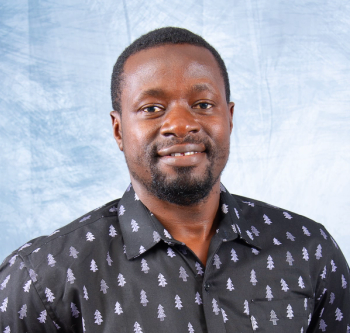
New meta-analysis at the 2025 vaccinology conference highlights the efficacy of maternal RSV vaccines, with calls for enhanced monitoring following safety issues with one candidate

As therapies that impact the immune system become more common, patients are living longer but with increased susceptibility to infections, including viral, bacterial, fungal, and emerging diseases.
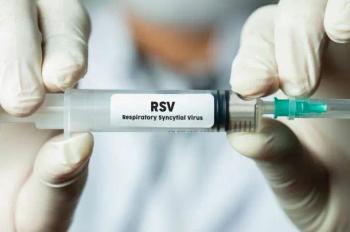
75% effectiveness of RSV vaccines in adults aged 60 and older, along with key safety considerations and broadened recommendations for high-risk groups.
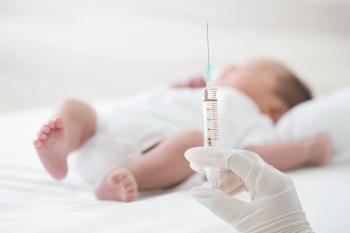
Current prevention strategies include two injectables for infants and young children, namely palivizumab and nirsevimab.
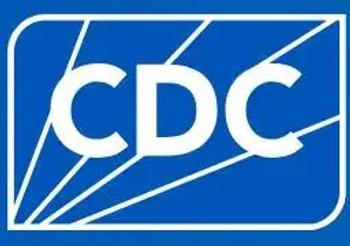
ACIP provides recommendations on meningococcal vaccines, RSV vaccination for at-risk adults, and chikungunya vaccines for travelers and laboratory workers, while also addressing safety concerns and potential expansions of use for each.

Novavax’s COVID-19 vaccine, Merck’s RSV antibody, and Innoviva’s gonorrhea antibiotic await regulatory decisions this quarter.
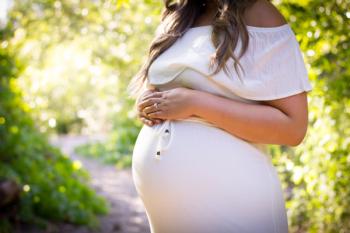
A new study published in JAMA Network Open points out that immunization also occurred in individuals who did not receive routine prenatal or infant vaccines.
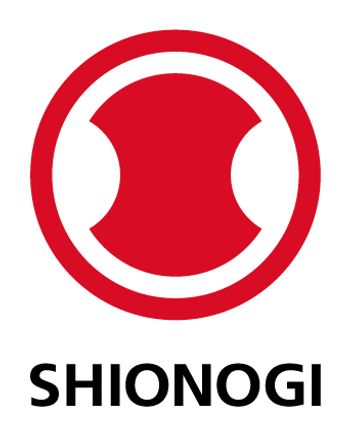
The company said its oral therapy, S-337395, achieved a 88.94% reduction in viral load.
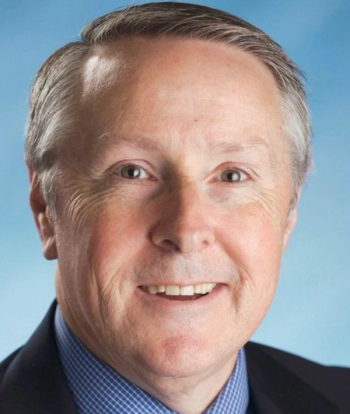
Robert H. Hopkins, Jr, MD, medical director, National Foundation for Infectious Diseases (NFID) provides an update on incidence rates and virus patterns across different regions of the US.
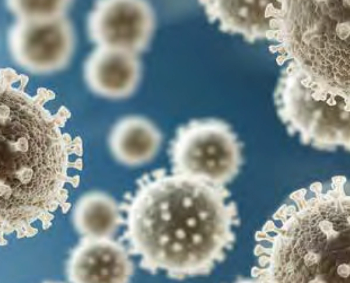
Findings from a recent phase 3 trial show promising results for the approval of ziresovir in the treatment of respiratory syncytial virus in infants.

The federal agency approved safety labeling changes to the prescribing information for Abrysvo (Pfizer) and Arexvy (GSK) RSV vaccines for seniors after data from clinical trials, reports to the Vaccine Adverse Event Reporting System (VAERS), and a postmarketing study.
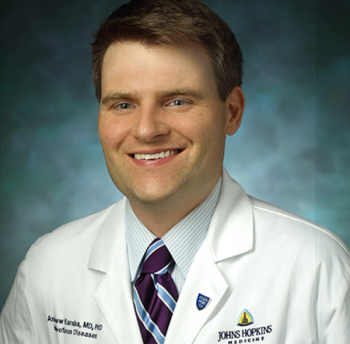
Just 60% received detectable antibodies for 2 FDA-approved vaccines, possibly pointing out a need for additional doses to reach protective levels against disease.

The PDUFA date is set for early June, and if approved, it would be the first and only single dose immunization for infants regardless of weight designed to protect them for the duration of their first RSV season.

The federal agency stated there were cases of RSV lower respiratory tract infection (LRTI) post-immunization for 2 of the company’s vaccines, mRNA-1345 and mRNA-1365.

This new indication for the bivalent respiratory syncytial virus prefusion F vaccine (Abrysvo) makes it the broadest currently available.